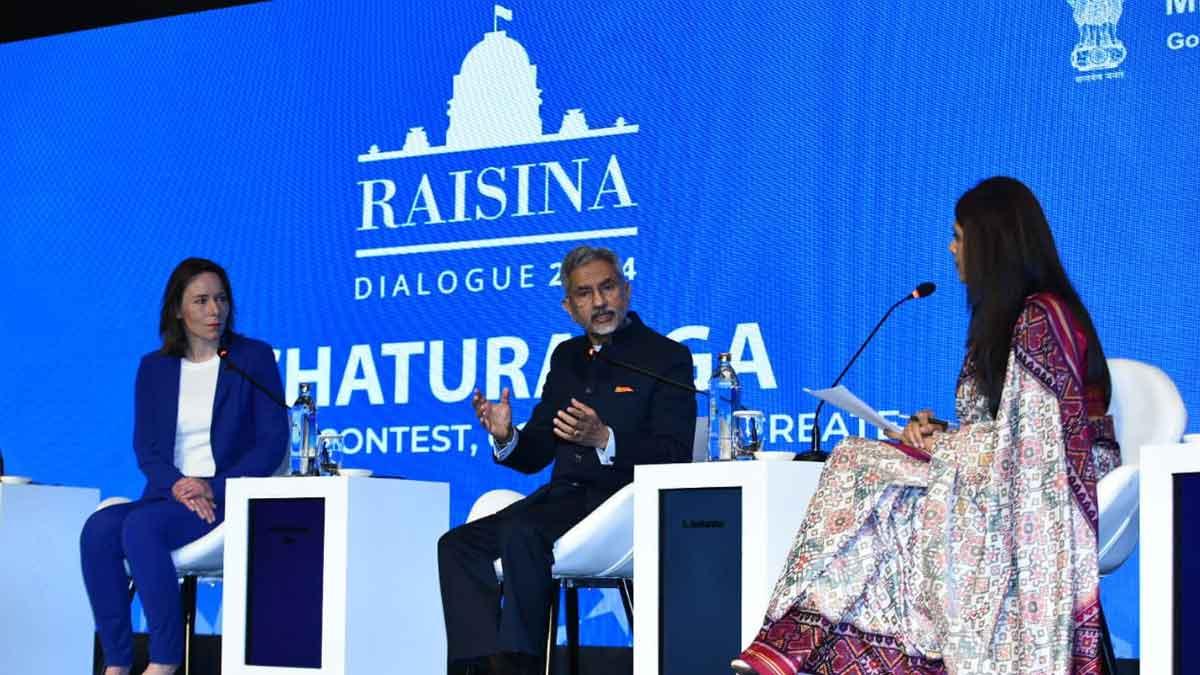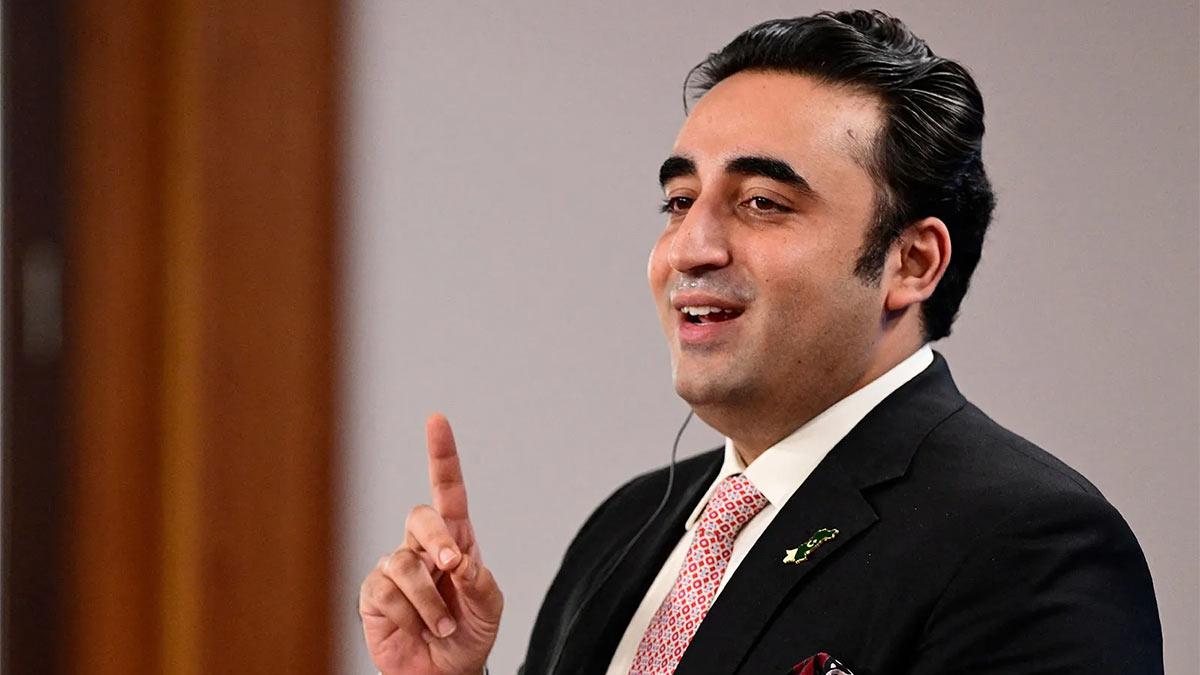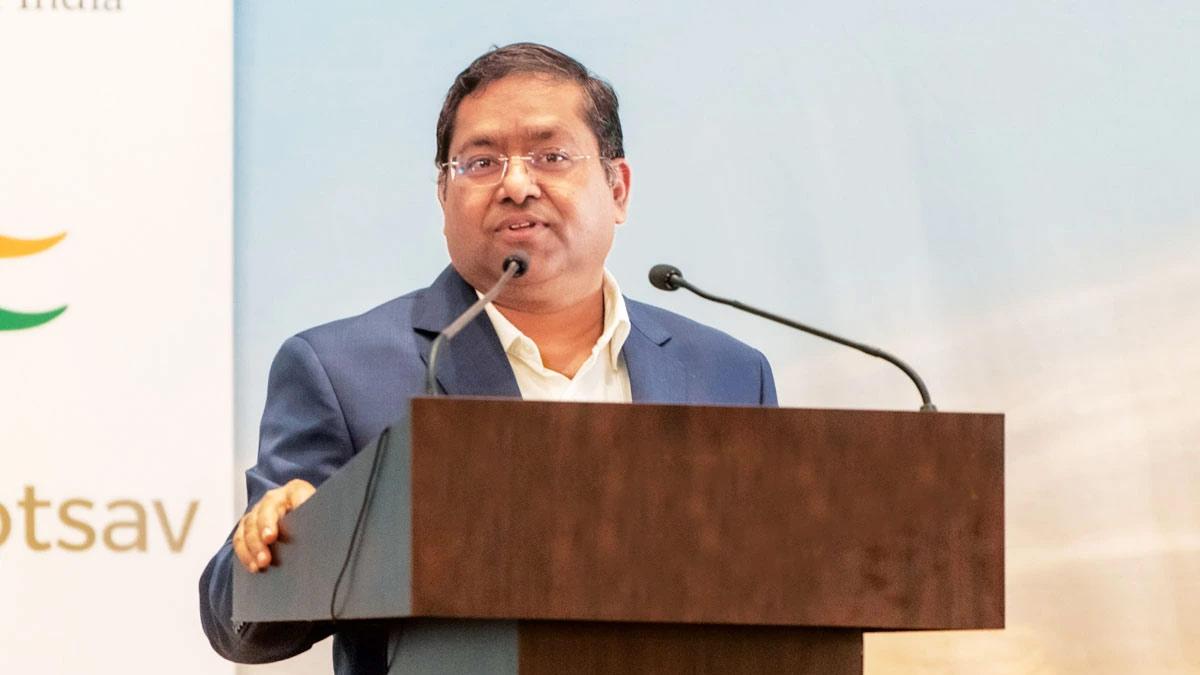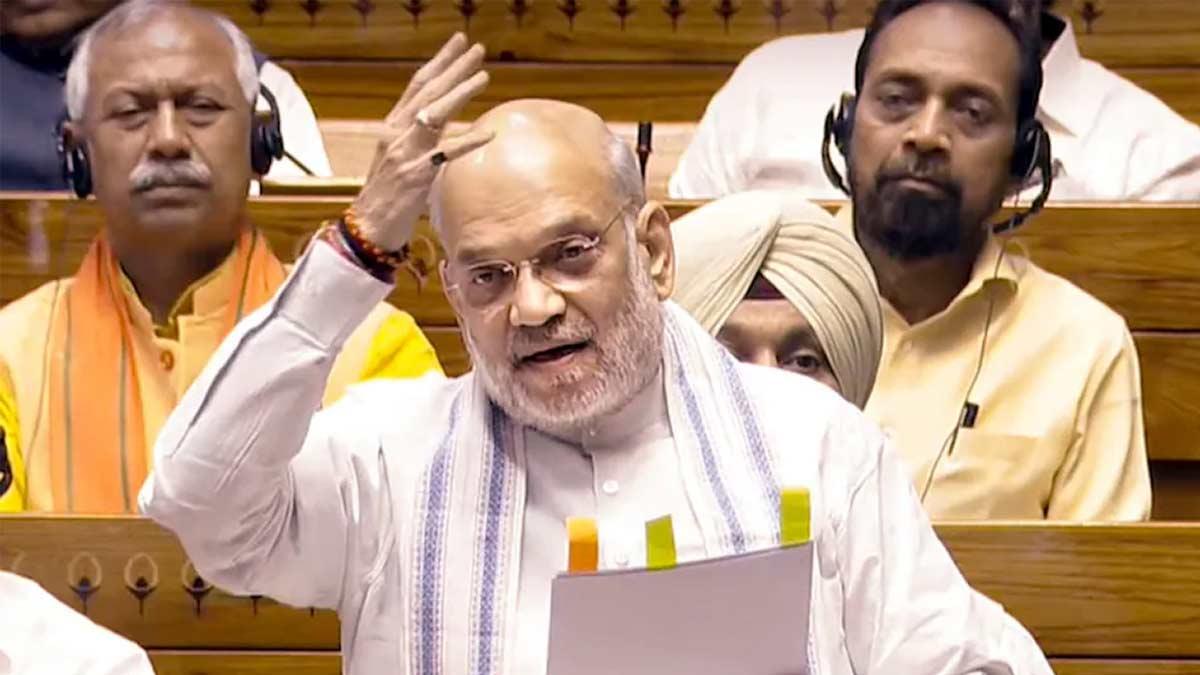External Affairs Minister S Jaishankar on Thursday highlighted the impediments hindering the much-needed reform of the United Nations (UN) Security Council, attributing it to the "short-sighted" stance of its five permanent members. He made these remarks during an engaging discussion at the Raisina Dialogue,
Jaishankar pointed out that the reluctance to embrace reform stems from the inherent self-interest of the permanent members, tacitly alluding to China without direct mention. He emphasized that soliciting approval for reform from these influential quarters has proven challenging, given their vested interests in maintaining the status quo.
"If you are going to ask five countries saying would you mind changing the rules that you would have less power, guess what the answer is going to be," he said.
"If they are wise, the answer would be something else. If they are short-sighted, the answer is what it is today," he added.
If you take UN Security Council reform, the biggest opponent is not a Western country, Jaishankar said.
The composition of the UN Security Council, consisting of Russia, the UK, China, France, and the US as permanent members wielding veto power, has long been a subject of contention. Calls for an expansion of permanent membership to reflect contemporary global dynamics have been gaining momentum.
India, along with Brazil, South Africa, Germany, and Japan, stands as a formidable contender for permanent membership, underscoring the necessity for inclusivity in decision-making within the UN framework.
Jaishankar emphasized the glaring disparity between the UN's founding era, with approximately 50 member states, and the current scenario boasting four times as many members. He argued convincingly that adapting to this new reality necessitates structural reforms within the UN Security Council.
Addressing the complexities of geopolitics and divergent national interests, Jaishankar stressed the imperative of seeking common ground. He underscored the need for concerted efforts to build alliances advocating for reform, acknowledging that progress may entail incremental advancements over an extended period.
The Raisina Dialogue, serving as India's premier platform for discussions on geopolitics and geo-strategy, commenced with a three-day agenda centered around the theme "Chaturanga: Conflict, Contest, Cooperate, Create." This theme encapsulates the multifaceted nature of global challenges and underscores the imperative of collaborative solutions in navigating contemporary geopolitical landscapes.
Read Also | 'Current architecture outdated': India calls for comprehensive revamp of UNSC


















